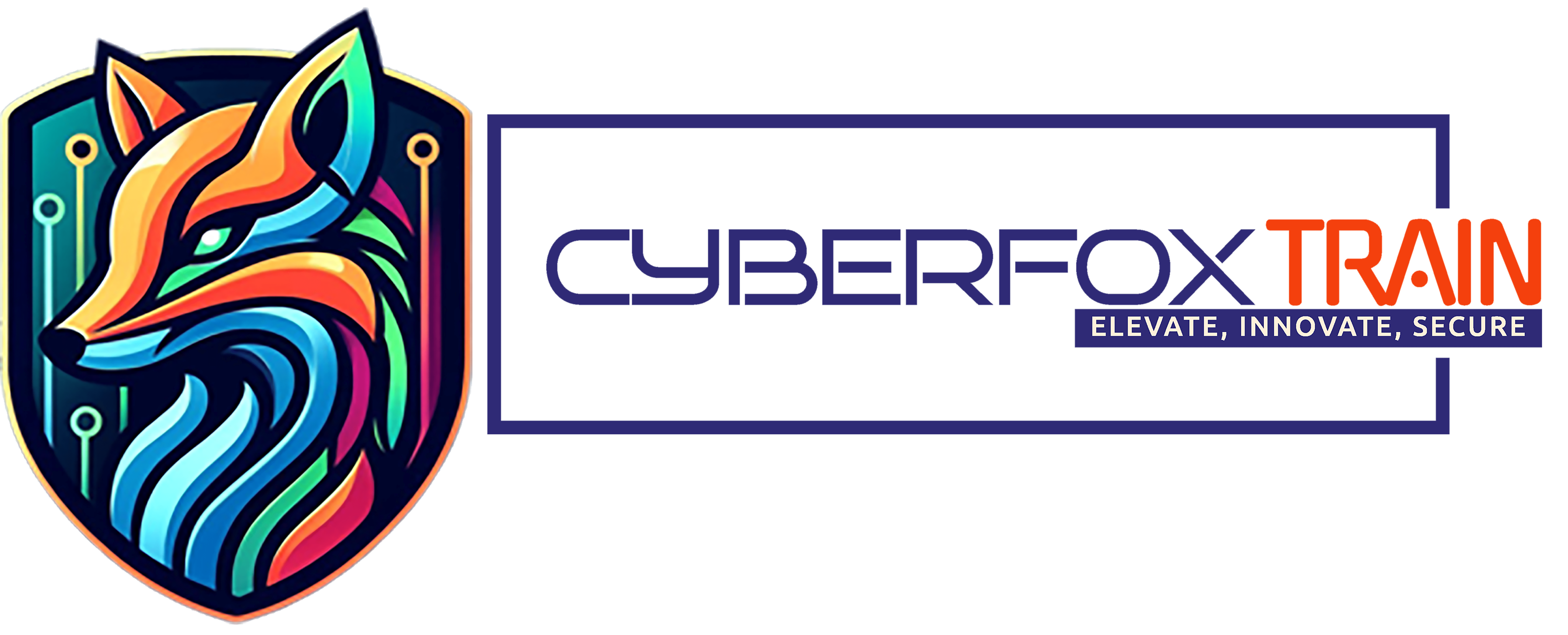The UiPath Professional Automation Developer Crash Course is designed to provide participants with the skills and knowledge required to become proficient in automation development using UiPath, a leading Robotic Process Automation (RPA) platform. This crash course covers essential concepts, tools, and hands-on training, enabling learners to create, manage, and deploy automation solutions efficiently in various industries.
Learning Objectives:
The primary goal of this training is to empower participants with an extensive and practical grasp of UiPath Studio.
- To enhance the UI Path developer skill sets
- Exposure to hands-on technical aspects of UiPath Platform
- To expedite the UI Path Advanced Developer Certification Program
Learning Objectives and Outcomes:
- Understand the operational principles and applications of state machines within UiPath Studio for complex workflow management.
- Learn the fundamentals of the Robotic Enterprise Framework (REFramework) and its importance in scalable, reliable, and maintainable enterprise automation projects.
- Acquire skills to build a REFramework project using Orchestrator Queues to efficiently manage work items and process transactions.
- Develop expertise in constructing REFramework projects that handle tabular data, enhancing data-driven automation capabilities.
- Engage in hands-on practice with REFramework to solidify understanding and application of concepts learned.
- Explore the use of Orchestrator Triggers for initiating automation tasks and the monitoring features available in UiPath Orchestrator.
- Advance your data manipulation skills within UiPath Studio, enabling complex automation scenarios that require sophisticated data handling.
- Master advanced UI Automation techniques in Studio for seamless interaction with various user interfaces during automation.
- Implement AI Computer Vision activities to automate processes involving virtual desktops or applications with non-selectable elements.
- Learn remote debugging to troubleshoot automation projects and efficiently resolve issues, along with the use of Invoke Method and Invoke Code for custom process steps.
Topics Covered:
Module 1: Variables and Control Flows.
- Concept of Variables and Arguments
- Concept of Control Flows
- Introduction to control flow statements
Module 2: Data Manipulation
- Modify data types.
- Structure data types
- Format data types
- Sort data types
- String Manipulation
- Regex Builder
Module 3: Excel and data tables
- Concept of data tables
- Excel Operations
- Manipulate data tables
- Read, Write, Sort Excel and
- data tables
Module 4: Ui Interactions
- Input/Output Methods
- Choosing Proper method of input/output
- Working with UI Elements
- Selectors
Module 5: Project Organization
- Build -Reliable. Efficient. Maintainable, Extensible Flows
- Exception Handling
- Simplifying Complex Automations
- Code / Project versioning
- Error Handling
Module 6: Orchestrator
- What is orchestrator? Why it is used.
- Web orchestrator overview
- Tag packages and connect machines.
- Assets and queues
Module 7: Robotic Process Framework
- Introduction to RE Framework
- Transactional processing on RE Framework
Course Features
- Lecture 0
- Quiz 0
- Duration 4 days
- Skill level Intermediate
- Language English
- Students 0
- Assessments Yes
Requirements
- Basic understanding of programming concepts: Familiarity with fundamental programming principles such as variables, loops, and conditionals is essential to grasp the course material effectively.
- Exposure to .NET programming language: Knowledge of any .NET language (C#, VB.NET) is advantageous as UiPath Studio utilizes these languages for custom code and scripting.
- Experience with RPA tools: Prior hands-on experience with RPA tools, preferably UiPath, will help in understanding the course content more quickly.
- Familiarity with UiPath Studio: Knowledge of the UiPath Studio interface and basic functionalities can be highly beneficial for keeping pace with the course.
- Understanding of workflow design: Basic knowledge of how to design workflow processes in RPA, including sequences, flowcharts, and state machines, is recommended.
- Basic knowledge of databases: Understanding of how databases work and familiarity with SQL can help in the advanced data manipulation part of the course.
Features
- Certified UiPath professionals with industry experience.
- Focused on practical skills and real-world projects.
- Online and in-person training options.
- Prepare for globally recognized UiPath certifications.
- Boost career opportunities in the growing field of RPA.
Target audiences
- This course is designed for professionals seeking expertise in robotic process automation (RPA) using UiPath tools.
- RPA Developers
- Software Developers interested in automation
- Test Engineers looking to automate processes
- Business Analysts involved in automation projects
- Project Managers overseeing RPA initiatives
- IT Professionals aiming to transition into RPA roles
- Process Consultants optimizing business processes through automation
- Technical Leads managing RPA development teams
- Solution Architects designing RPA solutions
- Systems Administrators interested in automating IT-related tasks
- UiPath Certified Professionals aiming for advanced certification
